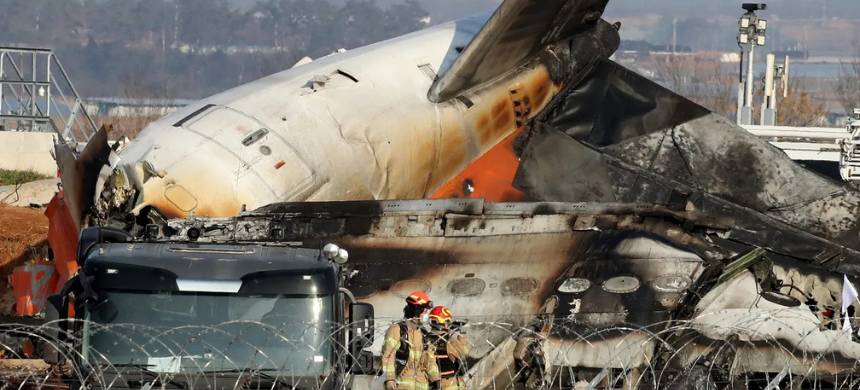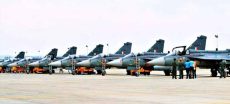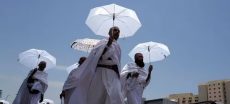South Korea’s Deadliest Air Disaster: Jeju Air Flight 7C2216 Crash Claims 179 Lives
A devastating plane crash at Muan International Airport on Sunday morning resulted in the tragic loss of 179 lives, making it the deadliest aviation disaster in South Korea’s history.
The Tragic Incident
The ill-fated flight, Jeju Air 7C2216, a Boeing 737-800, was arriving from Bangkok with 175 passengers and six crew members on board. The tragedy occurred shortly after 9 a.m. local time (0000 GMT) when the aircraft failed to land safely.
Eyewitnesses reported that the plane skidded down the runway without deploying its landing gear, colliding with navigation equipment and a wall before erupting into a massive fireball. The resulting flames and debris left the aircraft almost unrecognizable, with only its tail section intact.
Among the six crew members, two survived and were rescued from the tail section, but both sustained severe injuries and are being treated at nearby hospitals, according to Muan’s fire chief Lee Jung-hyun.
Surpassing Previous Air Disasters
This crash is now the deadliest aviation accident on South Korean soil, surpassing the 1997 Korean Air crash in Guam, which killed over 200 people.
Investigating the Cause
Authorities have launched an extensive investigation into the possible causes of the crash. Early theories suggest a bird strike could have caused a landing gear malfunction. It was reported that the control tower had issued a bird strike warning moments before the pilots declared a mayday.
Aviation expert Gregory Alegi noted unusual circumstances, including the plane’s high landing speed and issues with its landing gear and flaps, calling the situation “highly unusual.”
The investigation, led by South Korea’s aviation authority, will include assistance from the U.S. National Transportation Safety Board (NTSB) and Boeing, the aircraft manufacturer. The plane, which had been in service since 2009, was not part of the problematic 737 MAX series.
Read More: Russian Military Plane Crashes Into The Sea
Grief and Devastation
The crash has left a nation and families in mourning. Many passengers were South Korean nationals returning from vacation, while Thai officials confirmed that two Thai citizens, aged 22 and 45, were among the deceased.
Grieving families gathered at Muan International Airport, with some struggling to come to terms with the tragedy. One father, whose daughter was on the flight, repeatedly watched a video of the crash, describing the scene as “unbelievable.”
Jeju Air’s Response
Jeju Air CEO Kim E-bae offered his condolences and apologized for the incident, promising full cooperation with investigators. He emphasized that the aircraft had no prior malfunctions or accidents and that the airline’s focus is on supporting the victims’ families.
The crash comes just weeks after Jeju Air launched its Bangkok route from Muan International Airport, one of South Korea’s smallest but increasingly busy airports. The incident raises questions about the airport’s preparedness for such emergencies.
National and International Reaction
South Korea’s interim president, Choi Sang-mok, visited the crash site and pledged full government support for recovery and investigation efforts. The disaster comes amidst political upheaval, with Choi having assumed leadership just days before the incident.
In Thailand, Prime Minister Paetongtarn Shinawatra extended her condolences, confirming her government’s support for the families of the Thai victims.
Moving Forward
As investigations continue, the nation grieves one of its darkest days in aviation history. Families, officials, and the aviation community worldwide are awaiting answers to the questions surrounding this catastrophic event.











